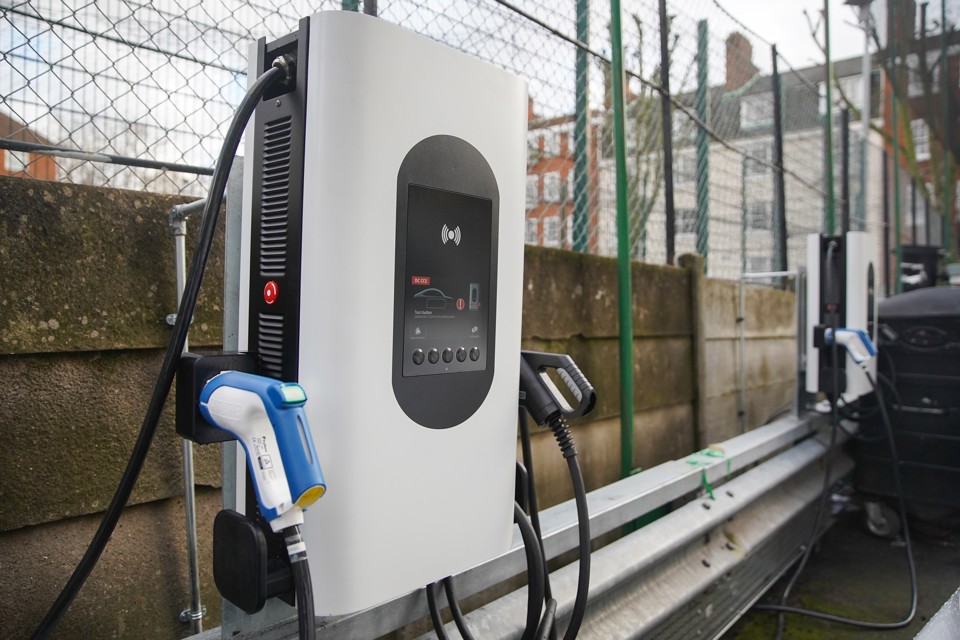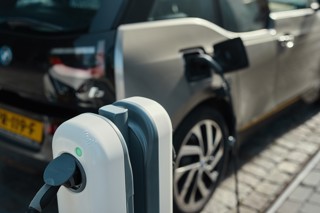Islington Council has launched a vehicle-to-grid (V2G) charging project aimed at helping the local authority become carbon neutral by 2030.
Three bi-directional chargers, manufactured by EVTEC, jointly developed with Honda, have been installed with Moixa’s GridShare software outside Islington Town Hall, with another two to follow.
The system will charge the EV batteries when power on the local network is cheapest and cleanest, and discharge it from the car batteries when it is most expensive and carbon intensive.
When EVs are plugged into all of the chargers, the smart technology can provide enough power to cover the whole town hall base load.
The council, which has declared a climate emergency, aims to electrify its fleet of around 500 vehicles by 2030, cutting annual transport CO2 emissions by 1,400 tonnes.
Chris Wright, chief technology officer at Moixa, said: “The EV revolution will put millions of ‘batteries on wheels’ on our roads in the next decade.
“By using AI-driven charging technology, we can intelligently manage these fleets of batteries, securing lowest-cost charging and highest-impact carbon savings.
“Our project with Honda and Islington shows what is possible and provides a blueprint for all large organisations to follow.”
The project will last for a year and will be continuously analysed to assess its performance. The authority will then decide
Rowena Champion, Islington Council’s executive member for environment and transport, said: “We’re working to ensure our residents have clean air to breathe, while also saving money that can be spent on delivering essential services for the people of Islington.
“We’re working with industry leaders – Honda and Moixa – to electrify our fleet in the most effective way for our residents and acting as a pioneer for others to follow.”
A report released in December on V2G technology has found EV drivers could save up to £300 a year by storing and sharing electricity in their car's battery.
However, the research from Good Energy, Honda Motor Europe, The University of Salford and Upside Energy, says the new technology faces significant roadblocks, with fresh policy needed to enable its future.






















Login to comment
Comments
No comments have been made yet.